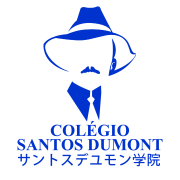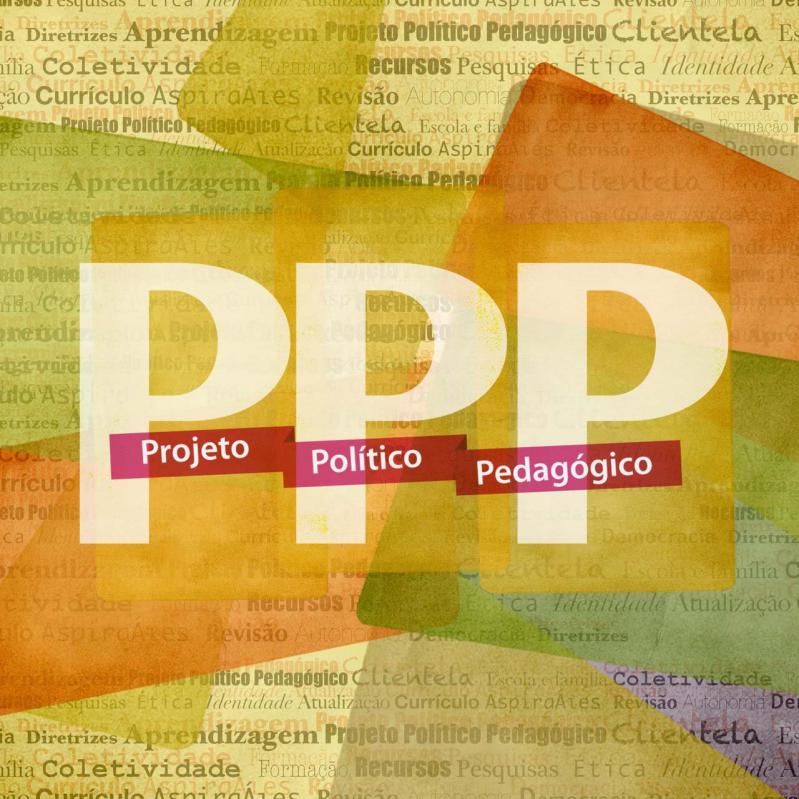
About us

Since 2005
Our Story
___________
Founded on May 1st, 2005, it is legalized before the Shiga Prefectural Government, initially under the name of International Institute of South America and now the Colégio Santos Dumont. The purpose of the day care center is to assist foreign and Japanese children living in Japan.
Goals
The "Colégio Santos Dumont" began its activities with the main objective of teaching children creative, concrete and feasible alternatives for changes in educational procedures.
Mission
Contribute to the growth of children by teaching and helping to develop learning for a promising life begun in childhood.
Values
Provide,
Teach,
Educate and
Inspire knowledge
Focus
Focus on students, education and learning the existing processes in LDB (Basic Education Guidelines Law MEC), updating them so that they better meet the conditions required by society and so that the student is kept up to date, mainly with regard to Quality, Safety and reliability required to achieve their goals.
Parents
Focus on parents, who are responsible for the results, therefore, if the permanent intention of the school is to educate the student and to enhance his/her image as a serious and competent school, it is of fundamental importance that parents care and help the school to build a promising future for their children.
The proposal is to act in the behavioral processes, thus making the students happier with the teaching given, thus creating a synergistic and contributive environment.
Differential
Development of a pedagogical proposal based on the student's needs, always respecting the capacity, culture and society.
Guarantee of results, from the beginning of the activities we count on the active participation of the students, which allows us to incorporate their capacities and their limits.
We also have a staff of highly qualified professionals in the most diverse specialties and updated with the market.
As a fundamental benefit, an extremely reduced monthly cost, since it has a team of professionals ready to meet, immediately, the specific needs of the student, thus contributing to their learning and growth.
Area of Expertise
The purpose of the work is to provide students with better learning conditions with full commitment to the results of a good education.
Acting in two main columns of support of a good organization that are: Students and Parents
Plans & Projects
・ Partnership with swimming school;
・ Technology and Movement Classes
・ Robotics Classes
・ English Classes
・ Portuguese Classes for Japanese School Students
・ Japanese Classes
 Tribute of Brazil-Japan Parliamentary Group, conferred by the Vice-Prime Minister of Japan, Taro Aso, to Prof. Anderson Yoshihara, on June 18, 2020, for relevant services provided to the Brazilian community in the country, in the celebration of 30 years of Brazilian immigration in Japan, 112 years of Japanese immigration in Brazil and 125 years of Brazil-Japan friendship ties.
Tribute of Brazil-Japan Parliamentary Group, conferred by the Vice-Prime Minister of Japan, Taro Aso, to Prof. Anderson Yoshihara, on June 18, 2020, for relevant services provided to the Brazilian community in the country, in the celebration of 30 years of Brazilian immigration in Japan, 112 years of Japanese immigration in Brazil and 125 years of Brazil-Japan friendship ties.
The Business Award Japan 2022, given to Colégio Santos Dumont, represents an important recognition of the excellence and contribution of the Brazilian institution in Japan. The award, promoted by Focus Brasil, honours companies and organizations that stand out in terms of innovation, social impact and educational development. The trophy, in blue with gold details, displays a stylized tree - a symbol of growth and rootedness - reflecting the school's mission to strengthen ties between Brazilian education and the local community in Japan.
Certificate of recognition to Colégio Santos Dumont (サントスデュモン学院) - The school took part in the 12th Bee Drawing Contest, organized by Yamada Beekeeping in conjunction with the Asahi Gakusei Shimbun newspaper, and submitted many excellent works.
We therefore present this award as an expression of our gratitude.
October 26, year 6 of the Reiwa era (equivalent to October 26, 2024)
Yamada Beekeeping Company
Asahi Gakusei Shimbun Newspaper
Translated with DeepL.com (free version)
Certificate of Merit from the Brazilian Air Force Veterans Association (AVFAB), awarded to Anderson Silva Yashiara.The Medal established by the Brazilian Air Force Veterans Association - AVFABthrough Act No. 006/DCH23, dated October 8, 2023, and made official by State Decree No. 68,637 of June 20June 2024 (published in the Official Gazette of the State of São Paulo on June 21, 2024), aims toreward civil and military authorities who have proven to have rendered relevantservices to one or more of the following organizations and institutions:I - Brazilian Air Force Veterans Association - AVFAB;II - Government of the State of São Paulo;III - Population of São Paulo;IV - Armed Forces and Auxiliary Forces.
Projeto Político Pedagógico - PPP
_________________________________
Sobre a Creche Santos Dumont
A Educação Infantil, primeira etapa da Educação Básica, tem por objetivo favorecer o desenvolvimento integral da criança em seus aspectos cognitivos, social, afetivo e físico.
Para tanto, a escola propicia situações que incentivam a criança a expressar-se nas diferentes linguagens e a interagir com o meio, desenvolvendo suas estruturas de pensamento e construindo seus conhecimentos físicos, lógico-matemáticos, sociais e a representação simbólica.
Inicia-se o processo partindo-se daquilo que a criança já sabe, conhece e domina. Progressivamente, trabalha-se com ela de forma viva e dinâmica, despertando a sua curiosidade, incentivando-a em suas descobertas e favorecendo o acesso a novas experiências.
Na Educação Infantil, buscando-se enfatizar o caráter globalizado da atividade pedagógica, agrupam-se vários temas das diversas áreas do conhecimento, fazendo-se apelo ao maior número possível de relações entre as ideias.
A avaliação desenvolvida compreende fundamentalmente o acompanhamento e a observação do desenvolvimento da criança, que ocorre por meio de um processo de investigação e reflexão.
METODOLOGIA
A metodologia adotada na Educação Infantil reflete, de forma coerente, os fundamentos filosóficos e psicológicos da sua Proposta Pedagógica, que concebe a criança como cidadã, como pessoa em processo de desenvolvimento e como sujeito ativo na construção do seu conhecimento.
Estratégias variadas compõem o cotidiano escolar:
Atividades diversificadas, que permitem ao professor atingir diferentes objetivos ao mesmo tempo;
Atividades coletivas, em que o professor orienta toda a classe, na realização de trabalhos em conjunto;
E, ainda, atividades independentes, nas quais a criança trabalha sem solicitar o auxílio do professor. A cada momento, lhe é oferecida a oportunidade de participação no planejamento dessas atividades, onde ela pode expor seus centros de interesse, de aprender a negociar dentro do próprio grupo e, ainda, inserir-se na grande jornada de construção do respeito, da participação com responsabilidade, da definição de objetivos e metas. É a criança aprendendo a situar-se, a posicionar-se, a ocupar espaços.
Ainda neste setor, as atividades revestem-se de caráter lúdico intenso. Brincando, a criança constróri o seu conhecimento, expressa sentimentos e emoções, resolve conflitos, aprende sobre normas e estrura de valores essenciais à sua vida, assimilando a cultura do mundo adulto.
